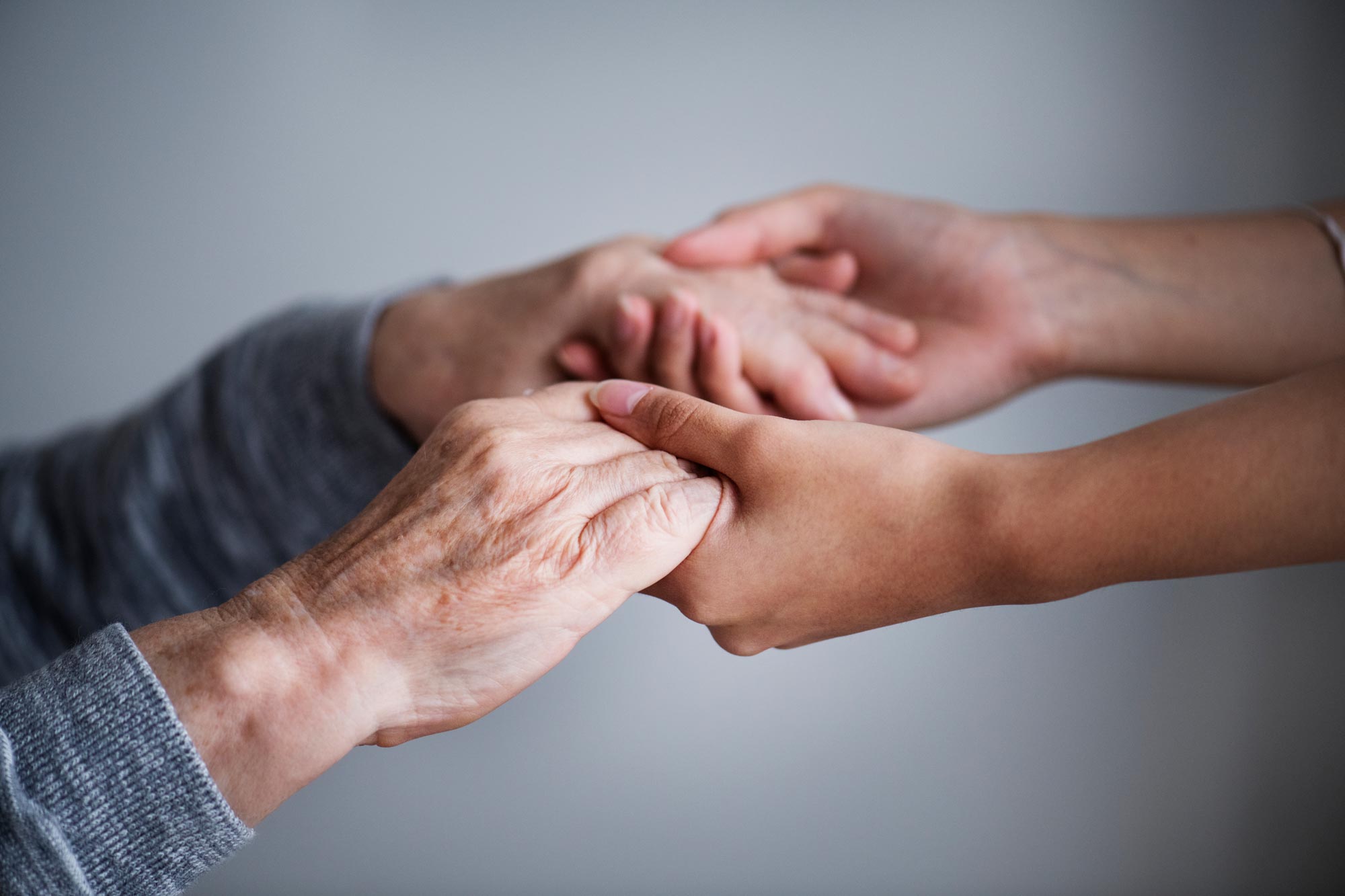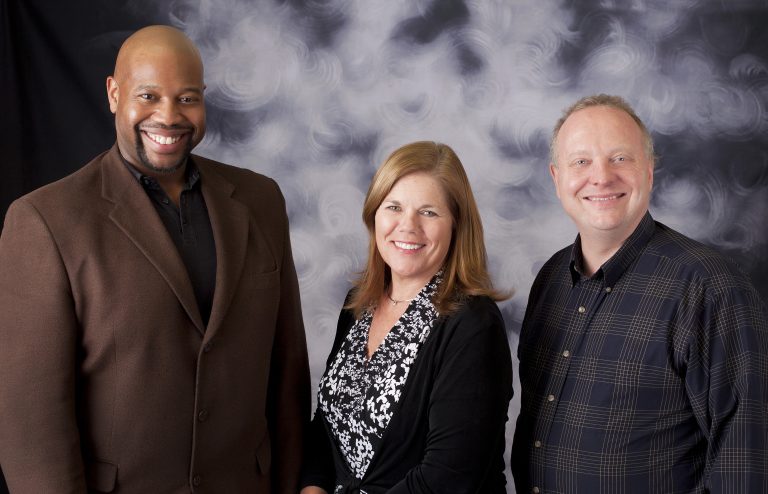Blog

By Dr. Aaron Ellington, PhD, LPCC-S, LICDC-CS
Whether you’re a healthcare worker, therapist, teacher, social worker, volunteer, or caregiver, helping others can be deeply rewarding, and deeply draining. When you constantly give your empathy and energy to support others, you risk developing compassion fatigue; a state of emotional, physical, and spiritual exhaustion caused by caring for people who are suffering.
Recognizing compassion fatigue and learning how to prevent it is crucial for sustaining your ability to care—for others and for yourself.
What Is Compassion Fatigue?
Compassion fatigue is often called the “cost of caring.” It happens when the stress of witnessing others’ trauma or pain wears down your own emotional reserves.
It differs from burnout in that it’s specifically related to the emotional toll of caregiving and empathetic engagement. You may start to feel numb, overwhelmed, or disconnected; not because of your workload, but because of the emotional weight you carry.
Signs and Symptoms of Compassion Fatigue
Emotional and Psychological Signs:
- Feeling emotionally numb or detached
- Increased irritability, anxiety, or sadness
- Loss of motivation or job satisfaction
- Feeling helpless or hopeless about others’ suffering
- Difficulty concentrating or making decisions
Physical Symptoms:
- Fatigue or exhaustion that doesn’t improve with rest
- Sleep disturbances or insomnia
- Headaches, muscle tension, or stomach issues
- Lowered immunity and frequent illness
Behavioral Changes:
- Withdrawal from friends, family, or colleagues
- Increased use of alcohol, drugs, or other coping mechanisms
- Reduced empathy or compassion for others
- Neglecting self-care and personal needs
Why Compassion Fatigue Happens
Constant exposure to trauma, suffering, or high-stress environments can overwhelm your natural empathy and coping mechanisms. Factors that increase risk include:
- High caseloads or intense caregiving roles
- Lack of social or organizational support
- Personal history of trauma or stress
- Poor work-life balance
- Feeling undervalued or powerless in your role
Preventing Compassion Fatigue
Protecting yourself from compassion fatigue is about building emotional resilience and creating healthy boundaries.
1. Prioritize Self-Care
- Make time for rest, nutrition, and exercise.
- Engage in hobbies or activities that recharge you.
- Practice mindfulness, meditation, or relaxation techniques.
2. Set Healthy Boundaries
- Learn to say no or delegate tasks when overwhelmed.
- Separate work life from personal life physically and mentally.
- Avoid overcommitting emotionally beyond your capacity.
3. Seek Social Support
- Connect regularly with friends, family, or peers who understand your work.
- Participate in supervision or peer support groups.
- Don’t hesitate to seek professional counseling if needed.
4. Reflect and Process
- Keep a journal to express your feelings and experiences.
- Engage in regular self-reflection to recognize early signs.
- Use creative outlets like art or music to process emotions.
5. Advocate for Organizational Change
- Encourage workplace policies that reduce caseloads or provide mental health resources.
- Promote a culture of openness about mental health and compassion fatigue.
- Seek training on resilience and stress management.
When to Get Help
If compassion fatigue is impacting your health, relationships, or ability to care for others, professional support is vital. Therapists or counselors can help you develop coping strategies, rebuild emotional reserves, and navigate work-related stress.
Final Thoughts
Caring for others is a noble and important work—but you cannot pour from an empty cup. Recognizing compassion fatigue early and taking active steps to prevent it will help you continue your vital work with resilience and heart.
Remember: taking care of yourself is not selfish, it’s necessary.
Need Support?
At Behavioral Health Services of Greater Cleveland, we offer support and counseling for caregivers, healthcare professionals, and anyone facing compassion fatigue. Reach out today to learn how we can help you recharge and thrive. Behavioral Health Services of Greater Cleveland has two locations: Rocky River and Medina. Please call (866) 466-9591 ext. 0 for an intake.
Founded in 2008, BHSOGC has delivered professional Psychology Services to the greater Cleveland area with offices in Medina and Rocky River. We are a multi-disciplinary group practice with a clinical staff of psychologists, licensed social workers and masters level therapists.




